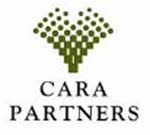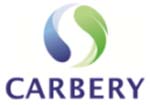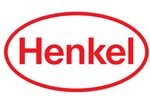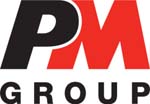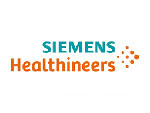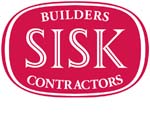Process Safety
The process industry has an obligation to protect people and the environment by continually analysing and assessing their hazardous processes. Risks arising from process hazards need to be identified and appropriate strategies implemented. The international standard IEC 61511 provides a framework to help manage these risks through instrumentation, engineering, and operating practices. The standard deals with the requirements for Safety Instrumented Systems (SIS) in electrical, electronic and programmable electronic equipment; and high, low and continuous demand safety functions in the machine safety industry. IEC 61511 is directed towards those responsible for designing, implementing, or maintaining SIS’s by identifying appropriate measures for risk reduction.
Our process safety team has wide-ranging experience and knowledge of functional safety, IEC 61511 and IEC 61508 process safety standards, and regulatory compliance across multiple industries, including Oil, Gas T&D, Food & Beverage, Pharma, Manufacturing and Utility Electrical T&D. We provide comprehensive Safety Integrity Level (SIL) Determination and Verification studies. Our solutions include turnkey, fully integrated safety systems and custom solutions for Ammonia, Bulk Storage, CO2, Tanks, HIPPS, Chemical Reactors, Natural Gas and Rail Safety.
SIL Allocation / Determination
SIL allocation is an exercise that bridges the gap between a Risk Assessment and the System Requirements Specification (SRS). Practical implementation and considerations for the end-to-end Safety Instrumented Functions (SIFs), including independence, from one another and how the overall SIS will be realised, are accounted for in the SIL allocation exercise.
Safety functions identified in the LOPA exercise are aggregated to the SIL allocation phase, allowing for SIL levels and other requirements for safety functions to be determined and documented in the SRS.
SIL Verification
SIL verification involves both hardware and software verification against the requirements of the Standards and the SIF specific requirements of the SRS. SIL verification focuses on the probability of dangerous failure on demand (PFD), SIL architecture, and SIL systematic capability requirements. Additionally, operational requirements such as SIF response time, subsystem mission time, proof test procedures, access control, and availability requirements are verified. The PFD is determined using statistical methods via exSILentia software or other reliability software, and in some cases, for more complex systems, custom detailed modelling is provisioned and can involve:
- Reliability Block Diagrams (RBD)
- Failure Modes and Effects Analysis (FMEA)
- Markov Modelling
The output of SIL Verification is captured in a report to demonstrate that the safety functions achieve their target SIL and safety requirements as specified in the SRS. The verification report can include an assessment of:
- Hardware Integrity: The Hardware Fault Tolerance (HFT) for the specified Safe Failure Fraction (SFF) of each SIF
- Systematic Safety Integrity: SIL Verification assessments of proposed or existing SIFs using the failure rate data provided by the vendor
Proof Test Procedures
NeoDyne will provide proof test procedures as part of the Safety Design deliverables. The proof test procedures are closely interconnected with the SIL verification process and in order for the SIL verification to be valid the proof test procedure must be in harmony with the SIL verification.
Operations and Maintenance Data Evaluation
The Operations and Maintenance plan is a working document tailored to ensure SIS maintenance meets its desired functional safety requirements. Using IEC 61511’s guidelines for operations and maintenance, we work with our customers to define and document the:
- Undertaking on-line or off-line maintenance
- Routine calibration, inspection
- Personnel competency
- Equipment decommissioning and replacement
- Ongoing audit and proof test requirements
Driving technology for leading brands
Integration & Digital Manufacturing Customers
We supply the Life Science, Food & Beverage, Data Centre and Energy industries.
Our key markets are for robust applications requiring innovation, reliability, longevity and specialised know-how.


